 Shutterstock
Shutterstock
Dogs have always been loyal companions, offering love and support. But did you know that many dogs can sense natural disasters before they happen? While humans rely on technology to predict these events, dogs use their heightened senses and ancient instincts to detect subtle environmental changes. Dogs often display strange behaviors from storms to earthquakes long before humans notice the danger. Their uncanny ability to sense impending natural disasters shows how in tune they are with the world around them.
Acute Hearing for Low-Frequency Sounds
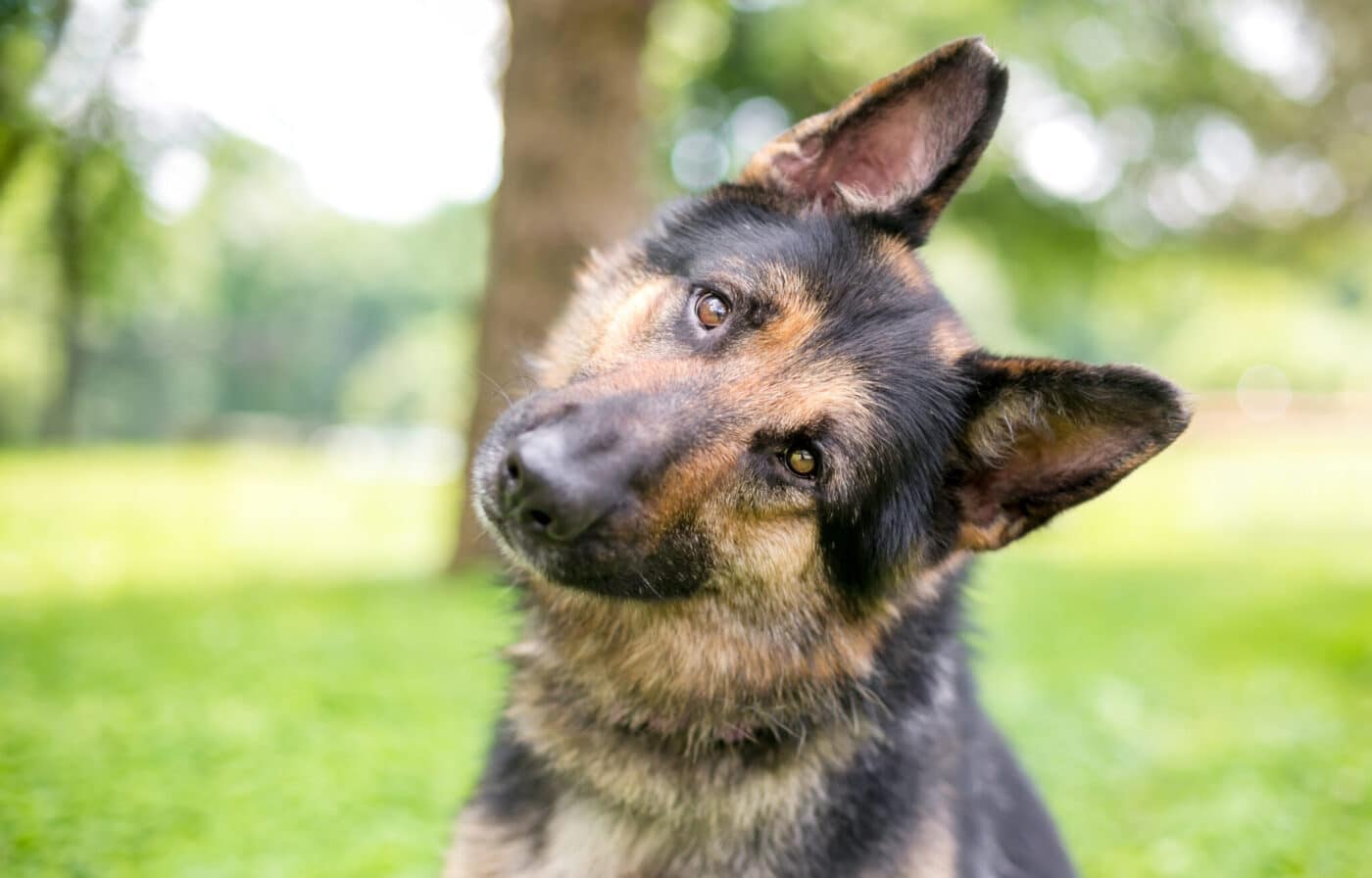 Shutterstock
Shutterstock
Dogs have an extraordinary sense of hearing that allows them to detect sounds at frequencies far beyond human capability. While humans hear sounds from 20 Hz to 20,000 Hz, dogs can hear frequencies from 40 Hz to 60,000 Hz. This means they can pick up on low-frequency sounds that we can’t perceive, which is especially relevant in detecting natural disasters. For example, earthquakes often emit low-frequency vibrations or sounds that occur before seismic activity becomes noticeable to humans. Similarly, thunderstorms produce distant rumbles of thunder that dogs can hear long before the sound reaches our ears. This heightened sense of hearing makes dogs more sensitive to the subtle cues of approaching natural disasters.
Sensitivity to Changes in Air Pressure
 Shutterstock
Shutterstock
Dogs are incredibly perceptive when it comes to detecting changes in their environment, especially when it comes to atmospheric pressure. The air pressure often drops or fluctuates before storms, tornadoes, or hurricanes. These changes are sometimes subtle, but dogs can feel them in ways humans cannot. Many dog owners report that their dogs start to act anxious or restless when they sense a drop in air pressure, pacing, whining, or hiding in response. This sensitivity to atmospheric shifts is one of the reasons why dogs often appear to sense storms or natural disasters hours before they occur.
Incredible Sense of Smell
 Shutterstock
Shutterstock
Dogs have an unparalleled sense of smell, estimated to be 10,000 to 100,000 times more sensitive than humans. This incredible olfactory ability allows them to detect subtle environmental changes, including the presence of gases and chemicals. For instance, before an earthquake, dogs may be able to detect small amounts of radon gas released from underground fault lines. Similarly, dogs can smell ozone, a chemical compound associated with thunderstorms, before the storm is visible to the human eye. Their sensitive noses allow them to detect the kinds of environmental changes that are precursors to natural disasters, making them one of the first to pick up on potential danger.
Reaction to Seismic Activity
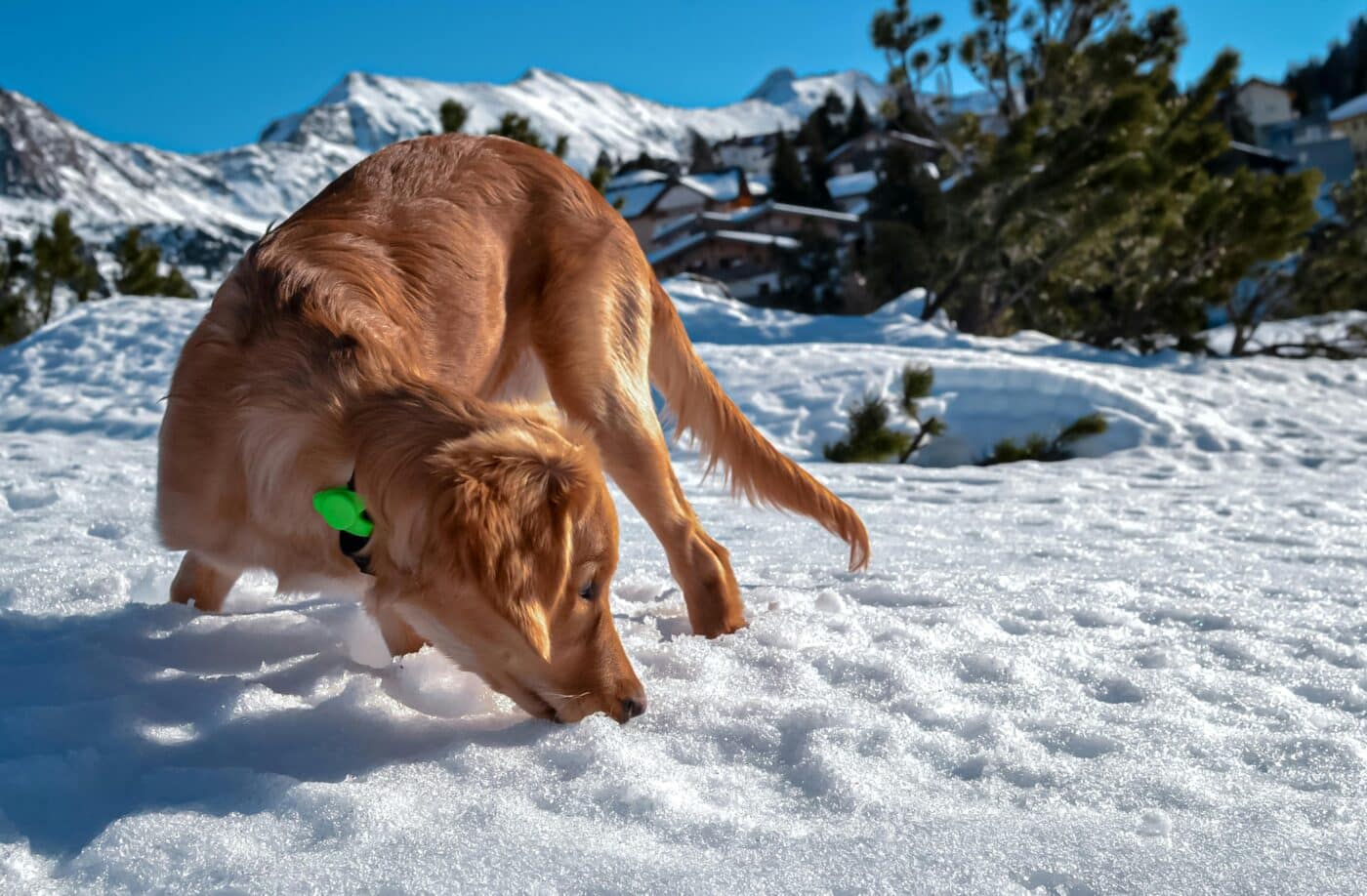 Shutterstock
Shutterstock
Although dogs can’t predict earthquakes with absolute certainty, they do seem to be able to detect seismic activity before humans feel it. Before a larger earthquake, seismic activity often sends faint vibrations through the ground that many dogs can feel. These vibrations may be too subtle for us to notice, but dogs seem to be able to pick up on them. In numerous documented cases, dogs have shown unusual behavior—barking, pacing, or hiding—before an earthquake strikes. This suggests that their heightened sensitivity to vibrations in the earth gives them the ability to detect seismic shifts that human senses cannot perceive.
Behavioral Cues from Owners
 Shutterstock
Shutterstock
Dogs are incredibly attuned to their owners’ emotional states, and this connection extends to their ability to sense impending natural disasters. When a disaster is approaching, humans may unknowingly give off signals of anxiety, fear, or stress, and dogs can pick up on these emotional cues. This heightened awareness of their owner’s emotions can cause a dog to act in ways that mirror their owner’s behavior. For instance, if you are nervous about an impending storm, your dog might also become anxious, pacing, whining, or seeking comfort. While dogs may not fully understand why a disaster is coming, they often react to the emotional energy of the household, which can trigger behaviors like restlessness or protective instincts.
Sensitivity to Static Electricity
 Shutterstock
Shutterstock
Before thunderstorms, the buildup of static electricity in the atmosphere can cause changes many dogs can sense. The electrical charge in the air may affect dogs, making them uneasy or anxious. This sensitivity to static electricity is one of the reasons why dogs often become agitated or nervous before a storm. The charge in the air can create physical discomfort in dogs, making them more likely to seek shelter, hide, or act out. This sensitivity is a well-known phenomenon, and many dog owners report that their pets can sense an oncoming storm long before it’s visibly noticeable to humans.
Evolutionary Instincts and Survival Mechanisms
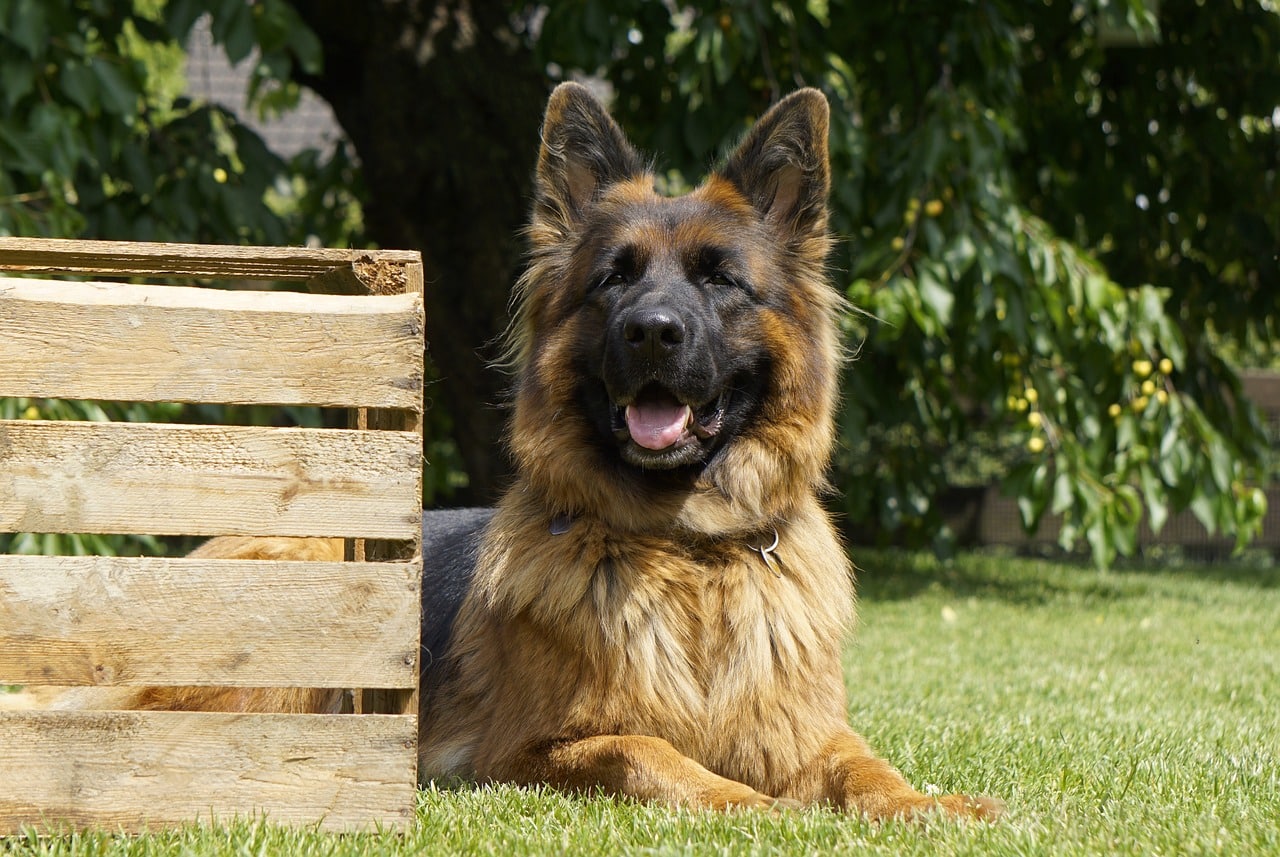 Shutterstock
Shutterstock
Dogs are descendants of wolves, which are highly attuned to changes in the natural environment. In the wild, wolves and other animals must be keenly aware of environmental changes to survive. Whether it was sensing a coming storm, detecting prey, or avoiding natural disasters like floods or earthquakes, their ability to respond to subtle environmental shifts was a matter of survival. Many of these instincts remain in domesticated dogs today. Though our pet dogs no longer live in the wild, their genetic makeup still carries these survival traits. This deep-rooted connection to their ancestors may explain why many dogs have an almost instinctive ability to sense something wrong, like an impending earthquake or storm.
The Real Doggie Disaster Detector
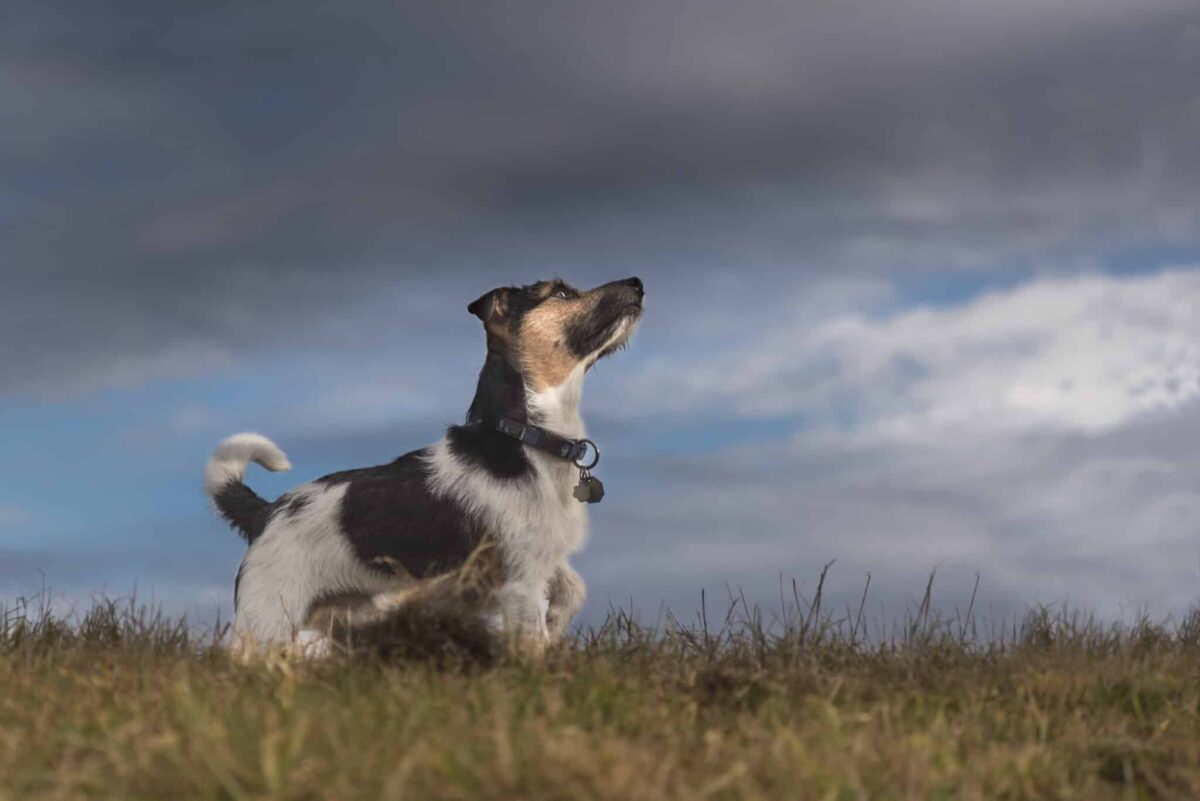 Shutterstock
Shutterstock
So, the next time your dog starts acting strange—pacing, barking, or hiding under the furniture—before a storm or earthquake, don’t brush it off. It’s possible your dog is sensing something you can’t. Whether hearing low-frequency sounds, smelling ozone, feeling seismic vibrations, or picking up on emotional cues, dogs can detect environmental changes that signal natural disasters. While we may never fully understand how they do it, their instincts make them incredible “disaster detectors.” Maybe we trusted our dogs more—they could save us before disaster strikes!

 1 week ago
9
1 week ago
9






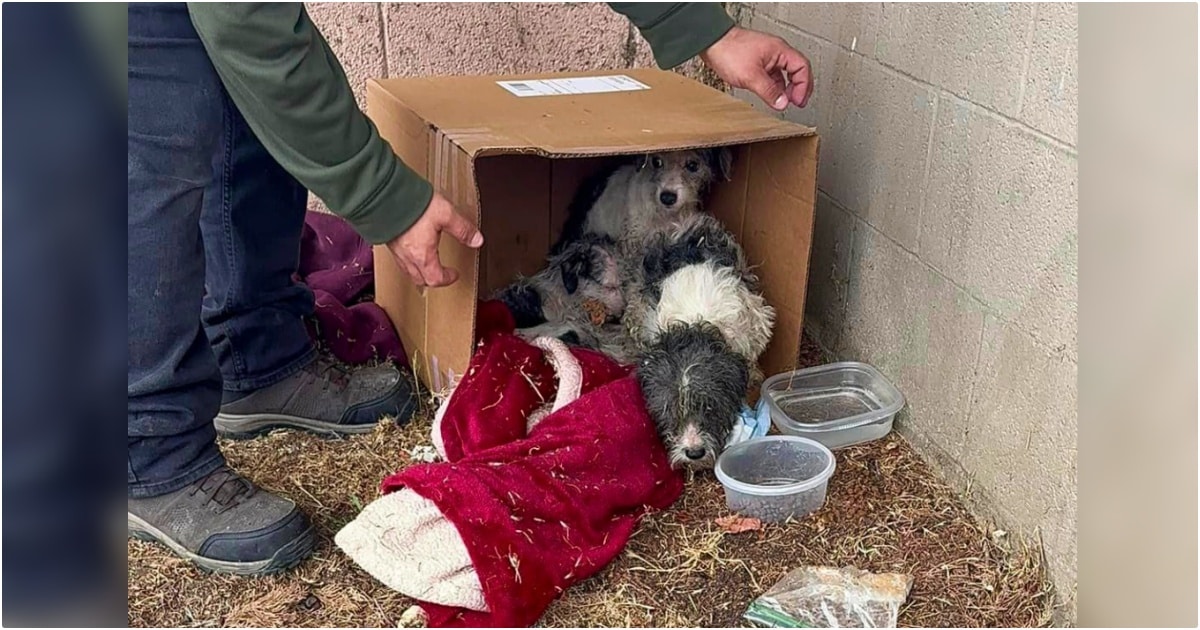
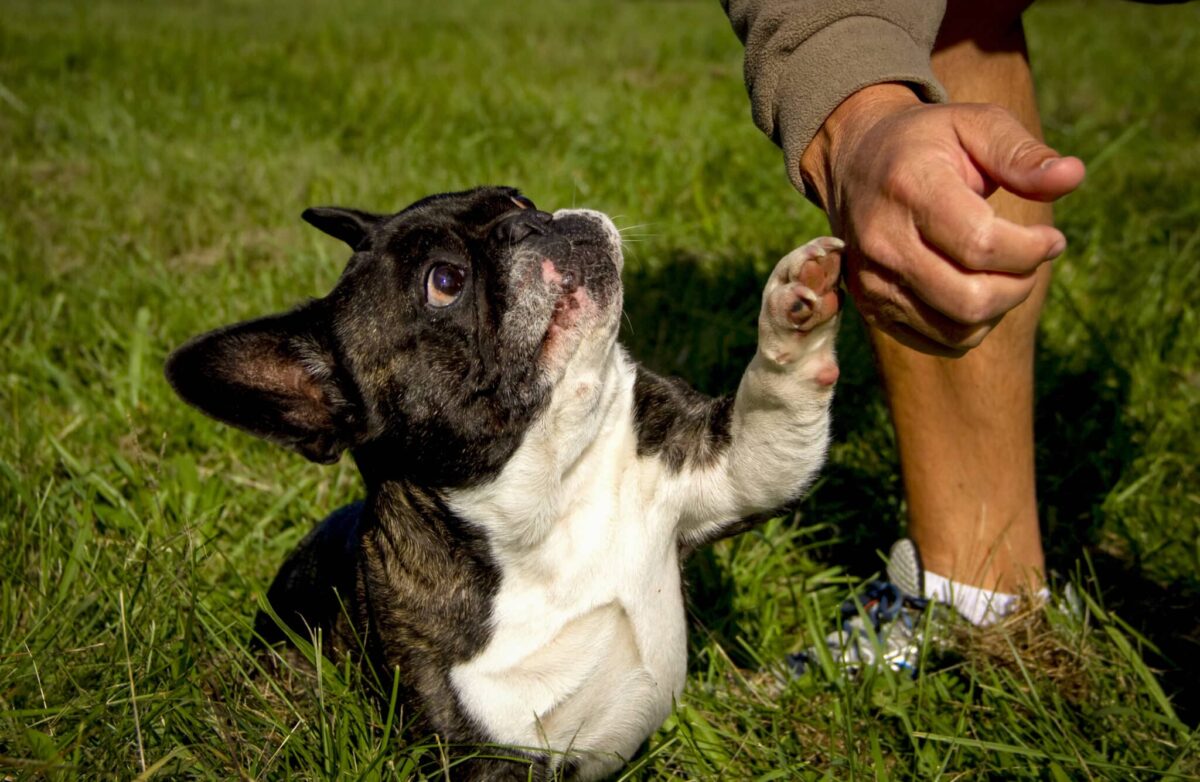










 English (US) ·
English (US) ·